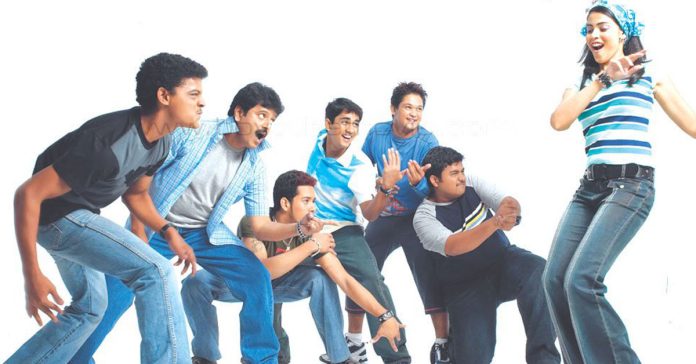Adolescence is the transitional phase that happens in every individual between childhood and adulthood i.e., 13 yrs to 19 yrs. An adolescent must balance the major growth spurt biologically and psychological urge to develop a sense of self.
Erik Erikson explained Adolescence stage as Identity vs Role Confusion as part of his Psychosocial development stages. It is the 5th stage and occurs approximately between 12 and 18 years of age.
Adolescence: Impact Of the Pandemic
The COVID-19 pandemic hit hard the teenagers’ mental health. Many of them are in various stages of Grief because of loss of school life, loss of college life, loss of social gatherings and social connections apart from loss of the loved ones. The online classes, social media, video games—overall cyber world added indirect stress to the teens.
Some of them lost interest in academics, some found new ways to pass the exams, some made new friends through social media etc., the list goes on. Body image, characteristic of the teen girls, is creating stress among some girls due to lack of physical exercises. All these are some of the outcomes of pandemic among teenagers.
Challenges faced at Adolescence phase
“Who am I?”, “What is my role and position?” …such questions constantly peep in to evaluate his or her respective positions in his or her respective families and Interpersonal relationships.
In addition, this is the stage where the parents come with a bucket list of “Should” “Must” and the struggle begins here.
Parents say, “you are grown enough…you must behave yourself…” and simultaneously there is another dialogue, “you don’t know anything…you are a child…” This is a classic example which we hear in Indian homes.
This really confuses the girl or boy…” Am I really grown up?” “What am I supposed to do?” “How am I supposed to behave?” “What is my position in the family?” “Why are they not allowing me to be myself?” …. We can have a big list of confused questions.
How are the teens regulating their emotions
At this stage, it is very important for the parents, teachers, friends, and the respective environment of a teen to check whether the boy or girl is properly regulating his or her emotions.
Karan, 15 years old, is not allowed to watch TV, movies, laptop as his mother strictly warned him and scared him that he is in 10th standard and if he wants to get good marks, he must listen to her. Though Karan wants to watch a movie, he suppresses his desire and does not want to argue with his mother. Instead, he plays volleyball whenever he feels stressed after studying a lot.
Here Karan chose “Sublimation” as a Defense mechanism. Sublimation is dealing with emotional stressors by using the energy in other constructive activities. Karan chose a constructive way to deal his emotions. Moreover, he thought expressing his feelings to his mother is a futile effort. This is what we label as Generation gap, but it is Communication gap that needs to be taken care of.
We often hear of the teens engaging in brawls, arguments, defying authority of elders, engaging in risky behavior such as rash driving, attempting suicides etc., Though the reasons may be many, the biological growth spurt and psychological stress of the stage needs to be acknowledged. In addition, how an adolescent regulates his or her emotions and his or her resilience capacity is of utmost importance.
How we as elders can help them?
- It is important to acknowledge the psychosocial development stage of an adolescent.
- It is important to guide an adolescent in all ways and at the same time giving opportunity to him or her to explore his or her own interests.
- Guiding and giving options must be on par with respecting and validating his or her choice. For instance, guiding the opportunities in IIT, NEET etc., may be a parent’s or elder’s wish and at the same time the adolescent’s choice and keen interest in different area other than your wish is to be respected and accepted.
- Don’t disconnect with miscommunication or non-communication. This is true for all stages and in all relationships if you feel there is a future in the relationship.
- Helping an adolescent to regulate his or her emotions by talking, involving in activities like dancing etc.,
If nothing works, Consult a Mental Health Professional.
ALSO READ: Suicide is a serious Public Health issue in India, can we prevent suicides?


